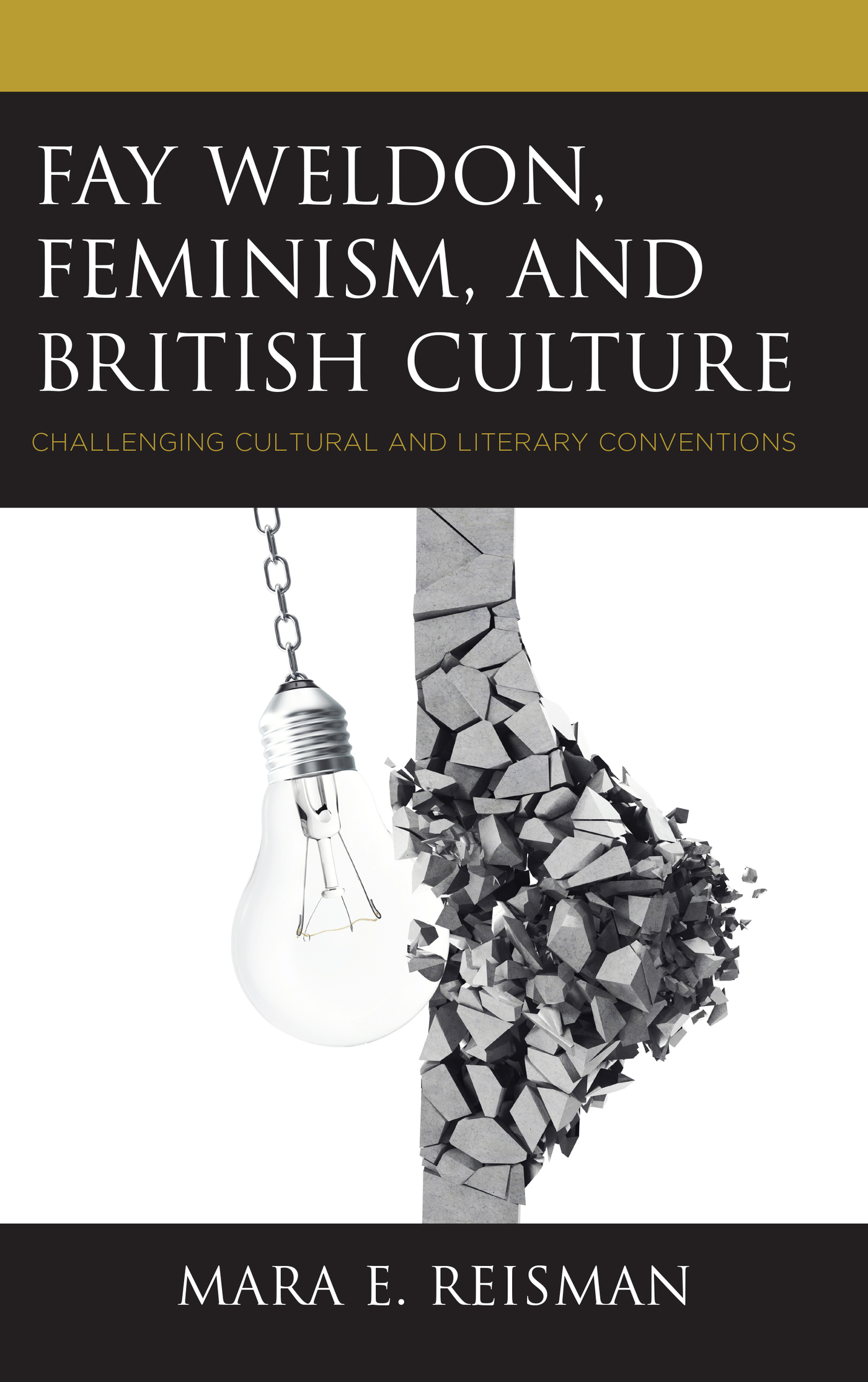Fay Weldon, Feminism,
and British Culture
Fay Weldon, Feminism,
and British Culture
Challenging Cultural and
Literary Conventions
Mara E. Reisman
LEXINGTON BOOKS
Lanham Boulder New York London
Published by Lexington Books
An imprint of The Rowman & Littlefield Publishing Group, Inc.
4501 Forbes Boulevard, Suite 200, Lanham, Maryland 20706
www.rowman.com
Unit A, Whitacre Mews, 26-34 Stannary Street, London SE11 4AB
Copyright 2018 by The Rowman & Littlefield Publishing Group, Inc.
All rights reserved. No part of this book may be reproduced in any form or by any electronic or mechanical means, including information storage and retrieval systems, without written permission from the publisher, except by a reviewer who may quote passages in a review.
British Library Cataloguing in Publication Information Available
Library of Congress Cataloging-in-Publication Data
ISBN: 978-1-4985-8126-4 (cloth : alk. paper)
ISBN: 978-1-4985-8127-1 (electronic)
 TM The paper used in this publication meets the minimum requirements of American National Standard for Information Sciences Permanence of Paper for Printed Library Materials, ANSI/NISO Z39.48-1992.
TM The paper used in this publication meets the minimum requirements of American National Standard for Information Sciences Permanence of Paper for Printed Library Materials, ANSI/NISO Z39.48-1992.
Printed in the United States of America
Credits
Excerpt(s) from LIFE & LOVES OF A SHE-DEVIL by Fay Weldon, copyright 1983 by Fay Weldon. Used by permission of Pantheon Books, an imprint of the Knopf Doubleday Publishing Group, a division of Penguin Random House LLC. All rights reserved. Any third party use of this material, outside of this publication, is prohibited. Interested parties must apply directly to Penguin Random House LLC for permission.
Excerpts from The Life and Loves of a She Devil by Fay Weldon, copyright Fay Weldon 1983. Reproduced by permission of Hodder and Stoughton Limited.
The Introduction and Chapter 1 are derived in part from a Preface published in LIT: Literature Interpretation Theory 17.34 (2006) copyright Taylor & Francis, available online: http:tandfonline.com/10.1080/10436920600998795.
Chapters 1 and 4 are derived in part from a book chapter, Food Fight: War and Domesticity in Fay Weldons Fiction, published in You Are What You Eat: Literary Probes into the Palate, edited by Annette M. Magid (Cambridge Scholars Press, 2008). Published with the permission of Cambridge Scholars Publishing.
Chapter 3 is derived in part from The Shifting Moral Ground in Fay Weldon's Fiction, Womens Studies 40.5 (2011) copyright Taylor & Francis, available online: http:tandfonline.com/10.1080//00497878.2011.581551.
This work was funded by the Northern Arizona Research Investment Fund.
Introduction
British author and social critic Fay Weldon (1931) has made a name for herself as a prominent author, a feminist, and an irreverent and outspoken critic of British culture. In all of these roles, Weldon concerns herself with how men and women engage with personal, political, and social issues. From the start, Weldons fiction has exemplified the connection between life and literature, and her novels afford readers an unsentimental view of the world in which they live. Marked by moral and ethical concerns as well as the issue of personal responsibility, Weldons fiction focuses as much on the state of the nation and the state of the world as on the relationships between men and women.
Weldons fiction offers a valuable lens through which to examine the social, historical, political, and literary climate of Britain from 1967 to the present. This book offers a critical analysis of Weldons major novels and is an in-depth study of the relationship between Weldons fiction and contemporary feminist, cultural, and literary movements in Britain. I look at the ways in which Weldons novels engage with cultural, national, and feminist politics by addressing such issues as the reevaluation of women writers, the problems with the welfare system, and the priorities of feminism. Analyzing the cultural moment in which Weldons novels were written allows me to assess Weldons reputation and influence and offers a way to examine her feminist approach to literature, history, and ethics. Weldon does not simply present ideas; she pushes key boundaries, and the ensuing controversies are the focus of this book.
Challenging the perception that womens writing is only about women and the narrow domestic life they know best, Weldons feminist approach helped usher into the British literary mainstream writing by women and about women. This feminist focus developed out of Weldons women-centered worldview and her belief that womens lives were underrepresented in literature. However, Weldons very early writing, her school-age stories, fit with the prevailing literary attitude that mens lives were the proper subjects for fiction and womens were not. One of these stories, Weldon recalls, was about a lad in Pompeii who longed for the world to come to an end to save him from an embarrassment. Weldons comment reflects the oft-voiced opinion of the periodone that Weldon would encounter many times in her careerthat womens lives were not the stuff of good fiction. Fortunately for her readers, Weldon soon began to challenge this precept.
Weldons shift in focus is evident in her play A Catching Complaint. It is about a man, of courseplays are, at that time, Weldon notes, but the women have all the best lines. The subject of the play may still be a man, but women getting the best lines represents a significant departure from Weldons school story in which the male subject presumably also gets the best lines. The next big shift in Weldons writing occurs when she not only gives women the good lines but also makes them her subject. Weldons teleplays and first novel usher in this change. Weldon began writing teleplays in the mid-1960s. Her first novel, The Fat Womans Joke (1967) (published in the United States under the title And the Wife Ran Away), began as the 1966 television play The Fat Womans Tale. The protagonist, Esther, is a woman, and her words about marriage, motherhood, and womens lives are important, inciting, and the best lines in the book. With Weldons focus on Esthers dissatisfaction with contemporary gender roles, the book also represented something new in regard to the traditional subject matter for the novel.
The Fat Womans Joke gave a voice to womens discontent, which was becoming more pervasive on both sides of the Atlantic. The same year that Weldon published The Fat Womans Joke, Sue Kaufman published Diary of a Mad Housewife. Reflecting both a literary and social trend, Gayle Greene transforms the title of Kaufmans novel into a genre description: the mad housewife novel. Ignited by an environment that fueled the womens movement, mad housewife novels signaled a revolution in womens lives and in womens writing.
Both womens lives and womens writing took center stage in the 1960s as women writers such as Fay Weldon, Doris Lessing, Penelope Mortimer, Margaret Drabble, A. S. Byatt, Muriel Spark, and Angela Carter worked to disrupt literary, social, and gender conventions. Despite the different literary styles of these authors, their writing addressed the difficulties women faced in their personal and professional lives, and their depiction of these problems was meant to encourage social change. In Notes From the Front Line, Carter marks the collision between feminist politics and the larger issues of life, language, and literature that were occurring in Britain in the 1960s. [T]owards the end of [the 1960s] there was a brief period of public philosophical awareness that occurs only very occasionally in human history, Carter reveals, when, truly, it felt like Year One, that all that was holy was in the process of being profaned and we were attempting to grapple with the real relations between human beings. Not only could people break with the old order and with old relationships, they could build anew. It was a time when women could, and on some level were expected to, reinvent their social roles.
Next page
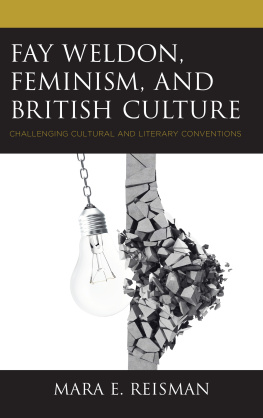
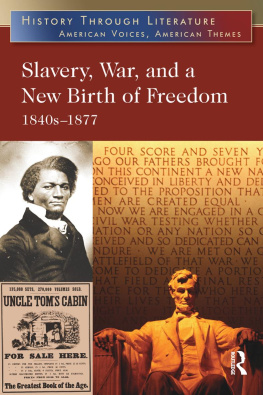
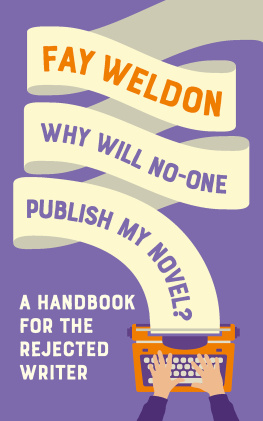
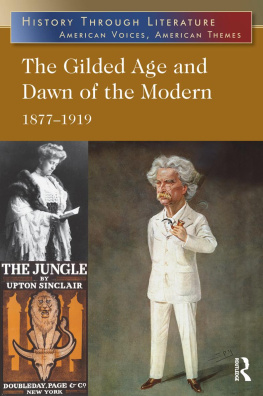
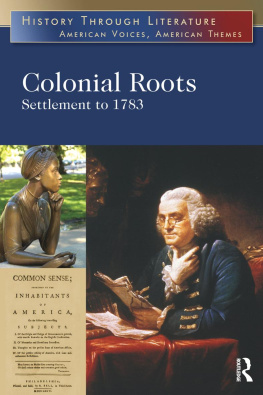


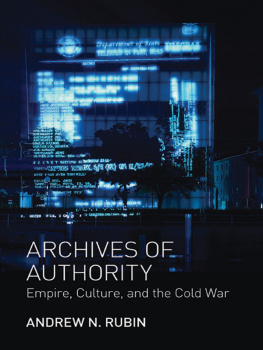
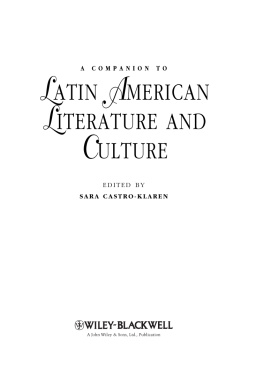
 TM The paper used in this publication meets the minimum requirements of American National Standard for Information Sciences Permanence of Paper for Printed Library Materials, ANSI/NISO Z39.48-1992.
TM The paper used in this publication meets the minimum requirements of American National Standard for Information Sciences Permanence of Paper for Printed Library Materials, ANSI/NISO Z39.48-1992.